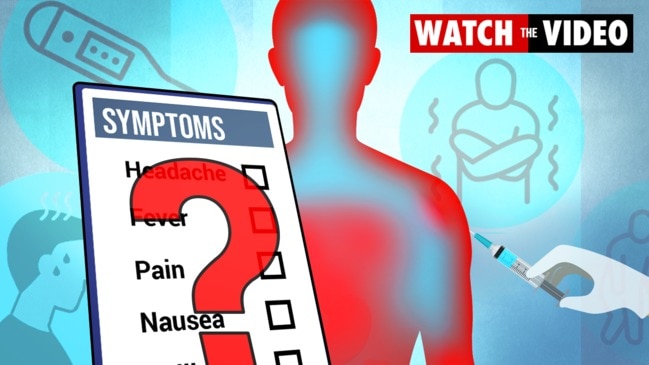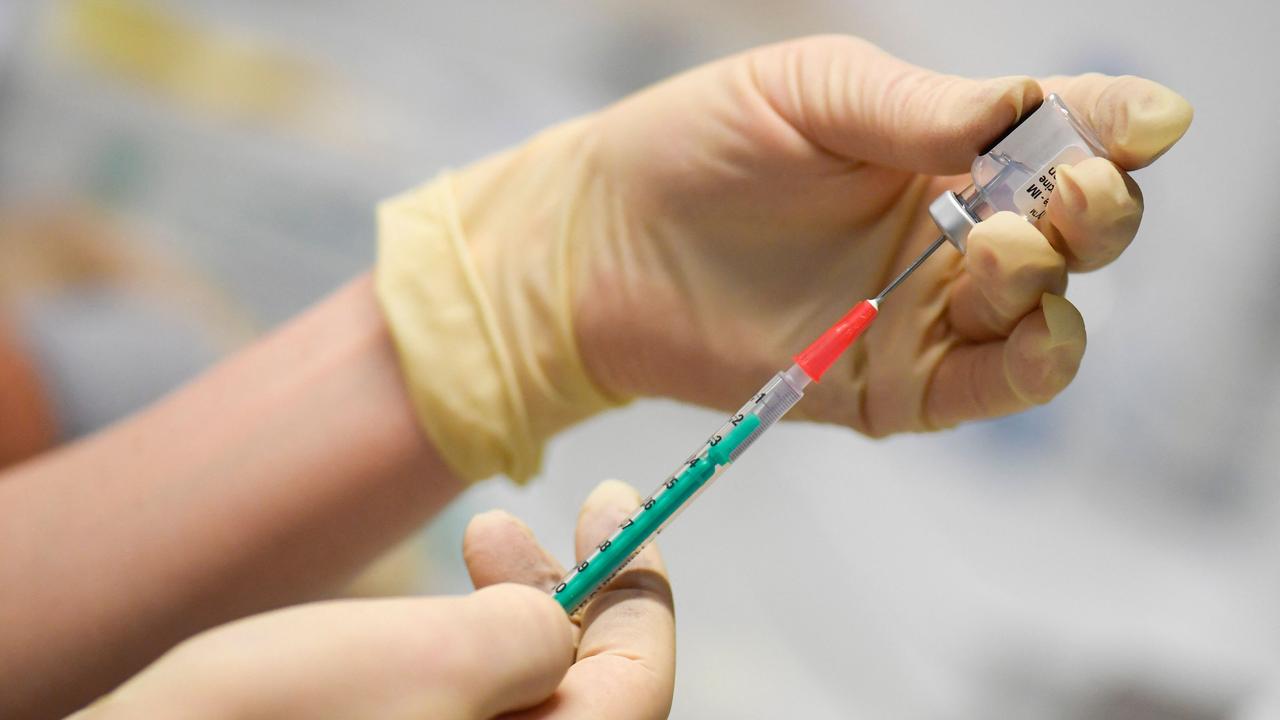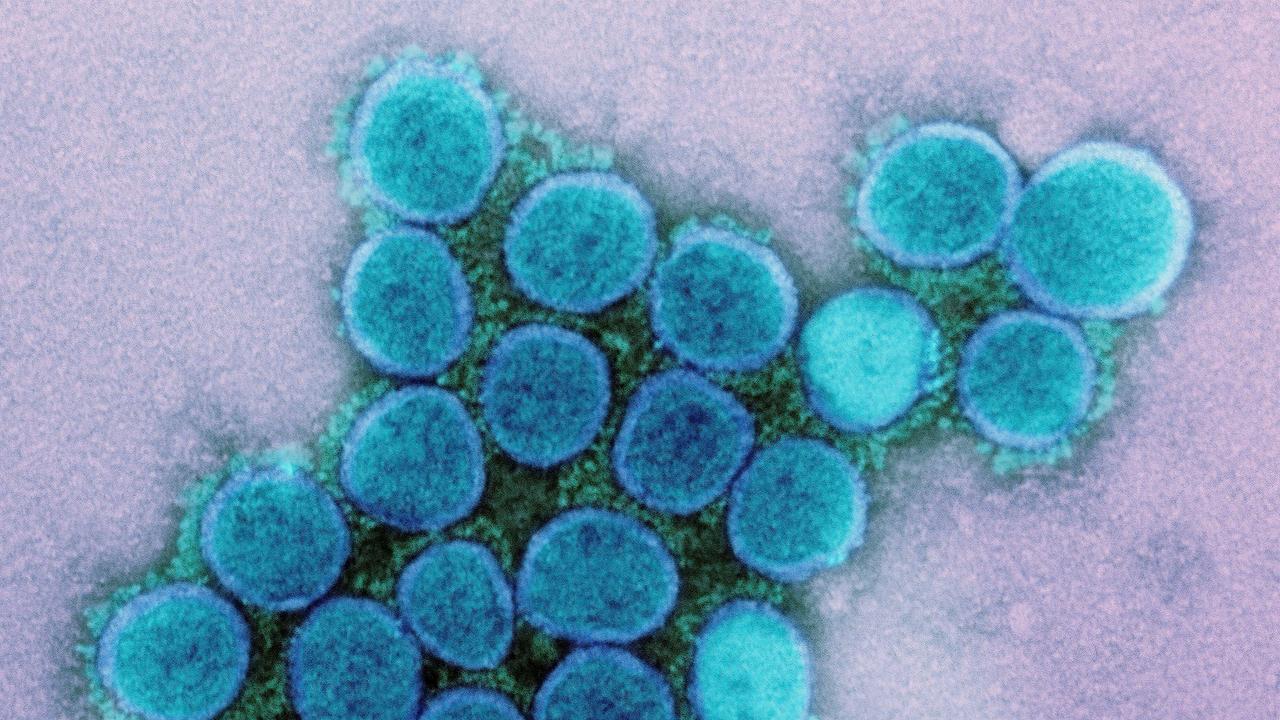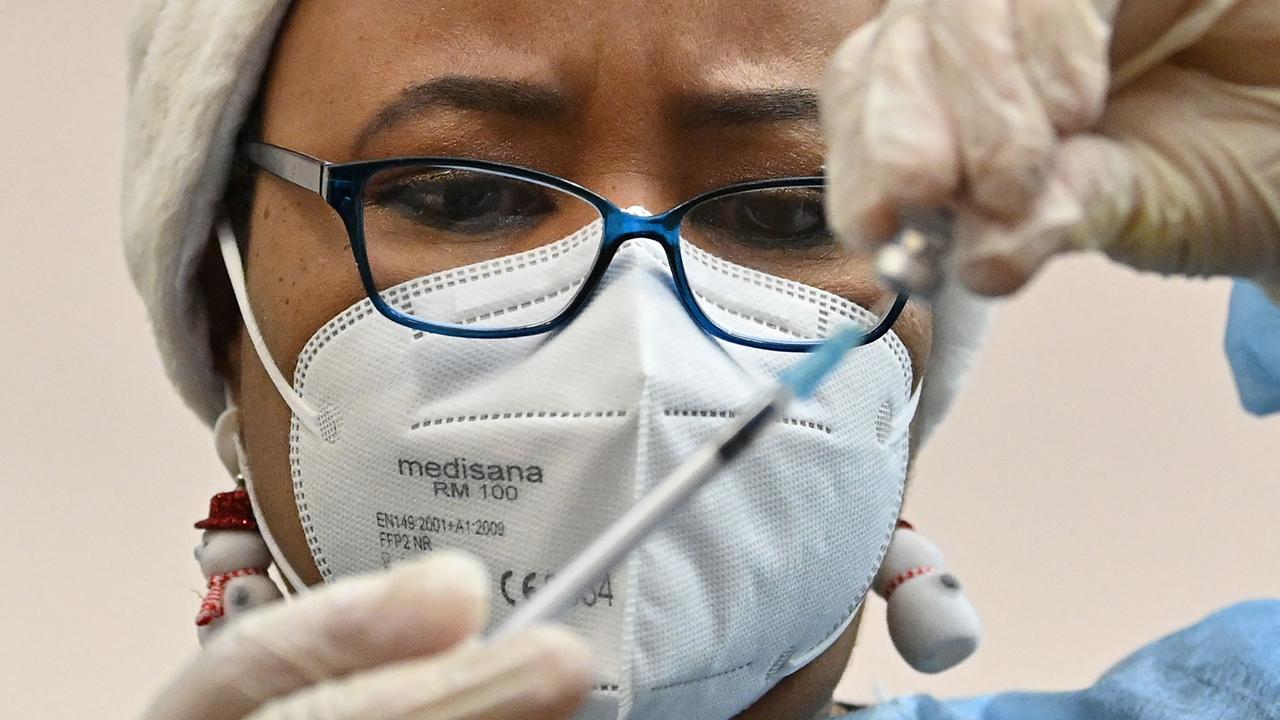CDC calls ‘emergency meeting’ to discuss rare cases of heart inflammation after receiving Covid vaccine
The top US health agency has called an emergency meeting to discuss rare cases of people developing heart inflammation after getting the jab.

America’s public health agency, the Centres for Disease Control and Prevention (CDC), has called an emergency meeting to discuss rare cases of people experiencing heart inflammation after receiving doses of the Pfizer and Moderna Covid-19 vaccines.
According to CDC data, there have been 275 reported cases of myocarditis or pericarditis in patients between the ages of 16 and 24 in the United States.
The cases of heart inflammation represent a tiny fraction of the 130 million people who have been fully vaccinated with either the Pfizer or Moderna vaccine in the US, and no causal link has been established yet.
The patients are overwhelmingly male, and the inflammation occurred after they had received their second dose of the mRNA-based vaccines.
Most of them experienced mild symptoms, and at least 81 per cent have fully recovered.
The CDC first acknowledged it was investigating the issue last month.
The emergency meeting of the agency’s advisory committee on immunisation practices will happen on June 18. Its draft agenda includes an “update on Covid-19 vaccine safety, including myocarditis after mRNA vaccines”, and a “benefit-risk discussion” regarding mRNA vaccines in adolescents and young adults.
RELATED: The risks of each Covid vaccine explained

Dr Scott Gottlieb, a former commissioner of the Food and Drug Administration (FDA) and current Pfizer board member, addressed the issue on CNBC today.
“Look, it’s definitely a signal. And it needs to be investigated by the FDA and the CDC,” Dr Gottlieb said of the CDC data.
“At this point, there does seem to be a clustering of cases around 16-24. About 8.8 per cent of all the people who’ve received the vaccine are between those ages, and about 53 per cent of the reports of pericarditis and myocarditis that the FDA has received have been in that age group. So there does appear to be a clustering of cases in that age group.
“Most of the cases are mild and self-limiting, they’ve been treated. There’s a handful of people who have got more seriously ill, and been hospitalised with this condition. But it needs to be looked at.
“The question is, what could be the connection between the vaccine and these observations? Is the vaccine creating some sort of inflammatory state that is then leading to this inflammation? And if so, what is the approach going to be?
“At this point, the risk-benefit still favours vaccination, certainly in this age group. That’s what the CDC and FDA have also affirmed. But if indeed you find a link between the vaccine and these cases of heart inflammation in younger patients, it could open questions like, do you formulate the vaccine at a lower dose, which is already being done for younger patients.
“So you want to get to the bottom of this, so you can try to come up with an approach that mitigates this potential risk.”
He said it was possible the cases of heart inflammation were caused by something unrelated to the vaccines, such as coxsackievirus.
“It’s possible – and I’m not saying this is the case – it’s possible that there has been some epidemic spread of coxsackievirus, or enterovirus, or echovirus, or other viruses that cause pericarditis, around the same time that we were vaccinating younger Americans,” he said.
“That more younger Americans were getting vaccinated, they were also going out and about, and they were getting more common viruses that would cause pericarditis, and we just happen to have a preponderance of it.
“That’s one possibility. I’m not saying that’s the case, I think at this point you need to assume that there’s a causal relationship between the vaccine and these observations, until you can prove otherwise.”
The CDC will hold an emergency meeting next week to discuss cases of heart inflammation after 2nd Covid vaccine doses in 16-24 year olds. @ScottGottliebMD weighs in: “It needs to be looked at.†https://t.co/aJMkUQNEf2pic.twitter.com/YqFFrc15So
— CNBC (@CNBC) June 11, 2021
Dr Gottlieb stressed that whatever the cause, the symptoms were extremely rare.
“These are still low numbers,” he said.
“When you look at the number of people who are having severe cases of pericarditis, it’s very small numbers right now. Most of these are very mild cases.”




